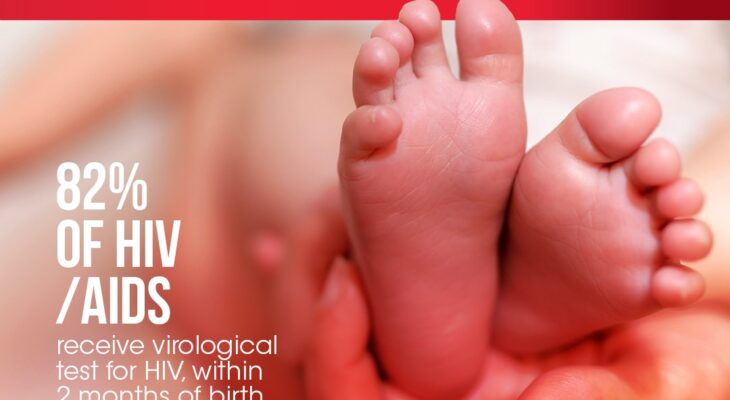According to data provided by the National AIDS Control Organization in response to an RTI request, over 17 lakh people in the country contracted HIV in the last ten years as a result of unprotected intercourse. However, in the last ten years, the number of people contracting HIV (human immunodeficiency virus) has decreased significantly. HIV transmission through unprotected sex was recorded in 2.4 lakh people in 2011-12, but this figure is expected to drop to 85,268 in 2020-21.
NGOs have been critical in addressing the HIV/AIDS crisis in developing countries. Their importance was widely acknowledged even before governments in many countries began to take action for the prevention of HIV AIDS.
They have been key partners for governments and international agencies related to geriatric care in India in not only preventing the spread of HIV and AIDS but also in its treatment and support for those living with the disease, as well as in removing the stigma associated with it.
Organizations promoting the prevention of HIV AIDS and education, specific AIDS service organizations, women’s organizations, institutions formed by or for people living with HIV and AIDS, rights-based organizations, international development agencies, faith-based institutions, and others are examples of NGOs working in the field.
NGOs in this field have made programmatic interventions such as advocating for and mainstreaming people living with HIV and AIDS, as well as establishing networks and coalitions to lobby policies to protect their rights; assisting governments, inter-governmental agencies, and international organisations in achieving the goal of universal access to HIV prevention, treatment, care, and support; and building local capacities of communities, CBOs, and local governmental agencies.
HLFPPT promotes the concept of early diagnosis, timely treatment, and the adoption of a healthy lifestyle, which can help a PLHIV manage their life and delay the progression of HIV (Human Immunodeficiency Virus) into AIDS (Acquired Immunodeficiency Syndrome).
For the past 25 years, HLFPPT has worked to support geriatric care in India and reduce HIV transmissions and improve the lives of people living with HIV through various programme implementations, awareness campaigns, advocacy efforts, behavior change communication, and so on. It has worked in collaboration with the government, NGOs, international agencies, and local communities to achieve the goals of the National AIDS Control Programme Phase IV (2012-17), which include reducing new infections by 50% and providing comprehensive care, support, and treatment to all PLHA.
HLFPPT’s awareness campaigns related to HIV AIDS
(i)Technical Support Units Location – Andhra Pradesh, Telangana, Madhya Pradesh & Chhattisgarh
Under the direction of NACO, HLFPPT has been managing TSUs in AP (10 districts), Telangana (10 districts), MP (41 districts), and Chhattisgarh (21 districts), where it provides techno-managerial support to TSUs as well as strategic guidance through capacity building and aligning their performance with state-specific needs. TSUs provide technical and professional expertise, capacity building, and activities aimed at improving Targeted Interventions (TIs) for High Risk Groups (HRGs) and the Bridge Population.
(ii) Project Vihaan
Location – Punjab, Chhattisgarh, Rajasthan, Haryana & Chandigarh
Vihaan is a national initiative that aims to improve the quality of life for people living with HIV/AIDS by establishing and managing Care & Support Centres (CSCs) in 31 Indian states and union territories (PLHIV). As a Sub Recipient, HLFPPT is implementing it in five states through 30 CSCs. Apart from establishing CSCs, the project focuses on PLHIV registrations at the CSCs, counseling, ensuring HIV testing of their partners, advocating for their mainstreaming and linking them with government schemes, ensuring treatment adherence, and re-enrolling LFUs (Lost to Follow-ups).
(iii) Project AHANA
Location – Bihar, Chhattisgarh & Odisha
Project AHANA was launched in 218 high-priority districts across nine states, where HIV testing uptake is currently at 18%. The Global Fund is funding the project through Plan International India as the Principal Recipient, and HLFPPT is implementing it as the Sub Recipient in 58 districts across Bihar, Chhattisgarh, and Odisha. The project encourages expectant mothers to have HIV screenings during ANCs, builds the capacity of health-care providers in PPTCT, and follows up with HIV-positive pregnant women, among other things.


